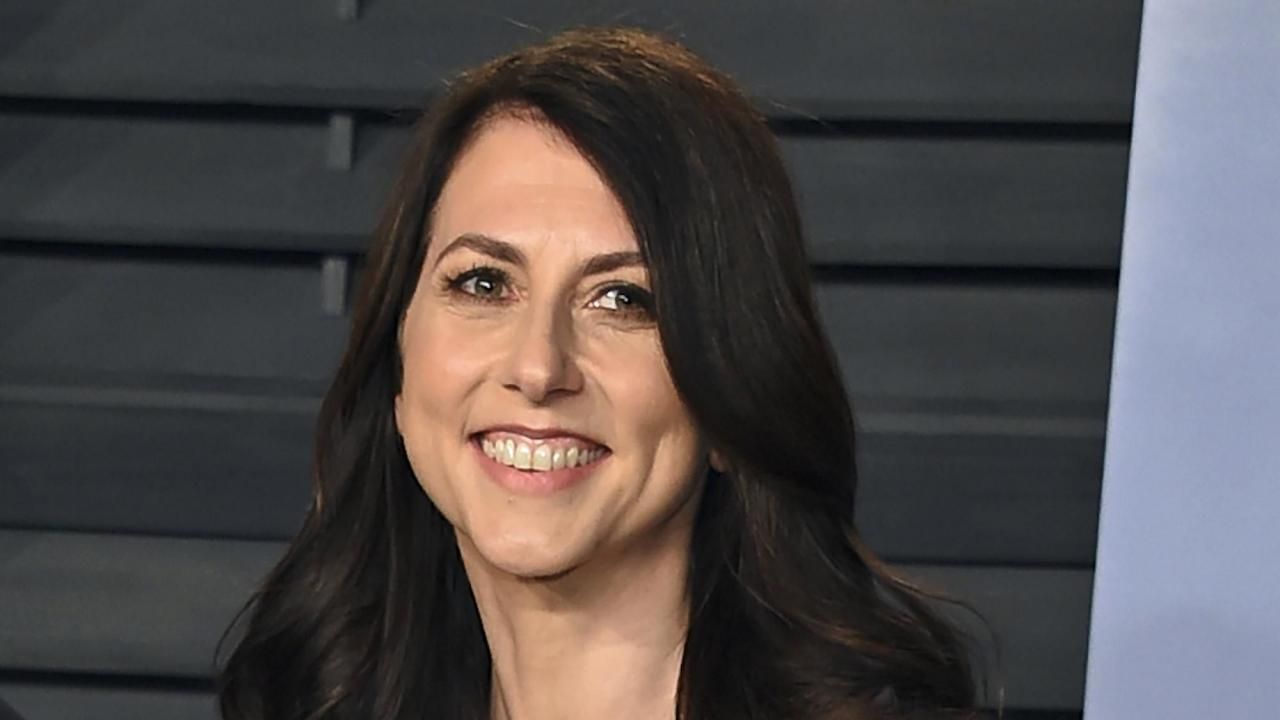Philanthropist MacKenzie Scott has donated $70 million to the United Negro College Fund (UNCF) to help strengthen all 37 of its member historically Black colleges and universities (HBCUs). She gave this gift as part of UNCF’s larger $1 billion capital campaign. Dr. Michael L. Lomax, UNCF’s president, said the donation will support a pooled endowment, which intends to provide each institution with around $10 million, offering long-term financial stability.
What the Donation Will Do
Scott’s gift will go into the UNCF’s pooled endowment fund. Each HBCU member will receive a portion of the returns from that fund each year. They plan a 4% annual payout from the invested capital. This payout should help stabilize operating budgets at institutions that often face financial uncertainties. Also, the money will help UNCF address infrastructural needs, academic programming, and support for students during lean financial periods.
Why This Gift Matters
Because HBCUs typically lag in endowment compared to non-HBCUs, this donation comes at a crucial moment. UNCF noted that the endowments of HBCUs are often much smaller; some estimates place the gap at around 70%. Therefore, generating more permanent capital in the form of endowment income plays a key role in narrowing disparities. Moreover, this kind of funding helps shield institutions from economic swings, and it gives them predictable revenue streams.
Broader Context
Scott made this gift following earlier commitments. In 2020, she gave UNCF $10 million to bolster emergency reserves. Altogether, her donations to UNCF amount to at least $80 million. She joins other donors in contributing to UNCF’s $1 billion campaign, which aims not only at endowment growth but also technology upgrades, scholarships, and operational support. Because Scott gives unrestricted funding, institutions can direct resources where they need them most, whether toward urgent repairs, faculty support, or expanding student services.
Reactions and Institutional Impact
UNCF leaders described the gift as “a once-in-a-generation opportunity.” They believe it will change the financial trajectory for many member HBCUs. Administrators at smaller colleges expressed relief because a predictable payout helps them plan. Students and faculty also welcomed the donation, saying it could translate into more scholarship funds, upgraded facilities, and stronger academic programming. In addition, experts in philanthropy praised Scott’s model of large, unrestricted gifts, pointing out that flexibility allows organizations to address their most pressing needs rather than being constrained by donor specification.
Challenges and What Needs to Follow
Although $70 million represents a powerful boost, challenges remain. Some institutions still struggle with aging infrastructure, faculty recruitment, and student retention. Therefore, using the endowment returns strategically matters more than ever. Also, to maximize impact, UNCF and its member institutions must ensure transparency in how payouts get distributed and monitor whether funds translate into measurable improvements. Furthermore, matched funding initiatives, technology access, and policy advocacy will likely play crucial roles in ensuring this gift catalyzes broader systemic change.
Conclusion
MacKenzie Scott’s $70 million donation to UNCF marks a significant milestone in the fight to close financial gaps between historically Black colleges and universities and their better-funded counterparts. By contributing to the pooled endowment, she is helping create predictable revenue that HBCUs can count on through good times and bad. Her generosity underlines the power of unrestricted philanthropy and its potential to stabilize and strengthen institutions over decades. As UNCF moves forward in its campaign, this gift should inspire other donors to follow suit and support long-term capacity building in higher education.
Bonus Read: Disney Allegedly Loses Nearly $4B Market Value After Jimmy Kimmel Suspension



